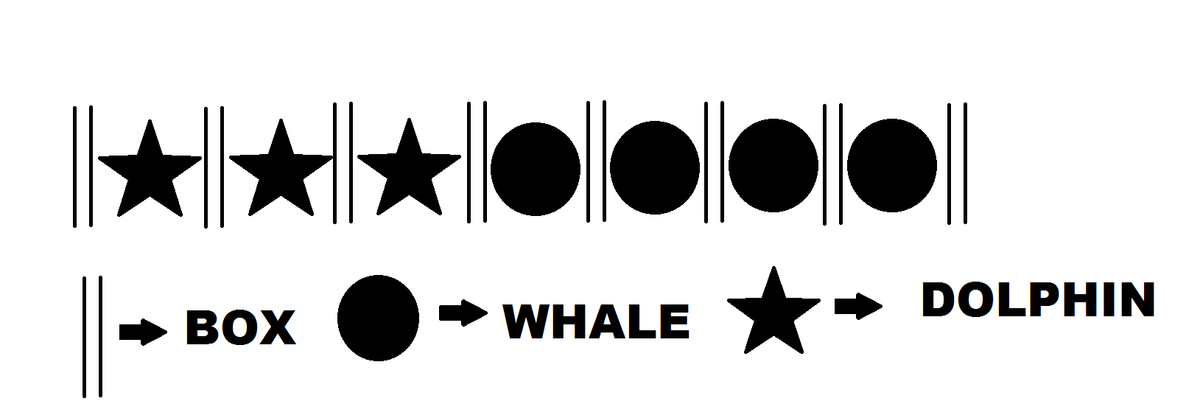Sharks, Dolphins and Whales
Five sharks, three dolphins, and four whales all line up in a random order to buy tickets for the opera.
The probability that all the dolphins are ahead of all of the whales is b a , where a and b are coprime positive integers.
What is a + b ?
The answer is 36.
This section requires Javascript.
You are seeing this because something didn't load right. We suggest you, (a) try
refreshing the page, (b) enabling javascript if it is disabled on your browser and,
finally, (c)
loading the
non-javascript version of this page
. We're sorry about the hassle.
2 solutions
"The positions of the sharks in the line is immaterial ....".
If I were a dolphin I sure wouldn't want a shark next to me! :O
Which I suppose leads to the follow-up question: What is the probability that a line-up does not have a shark next to a dolphin?
Log in to reply
Haha... Yup! That would have likely been a much more interesting question!
The total number of arrangements is 5 ! 4 ! 3 ! 1 2 ! = 2 7 7 2 0
Now arrange the dolphins and whales as shown in fig.

The 5 sharks can be distributed among the 8 available boxes
by stars and bars this can be done in
( n n + k − 1 ) ways where n is the number of objects and k the number of boxes
here n = 5 and k = 8 , thus we have ( 5 1 2 ) = 7 9 2 ways
the probability is 2 7 7 2 0 7 9 2 = 7 9 2 × 3 5 7 9 2 = 3 5 1
thus a + b = 3 5 + 1 = 3 6
The positions of the sharks in the line is immaterial to the problem.
Since there are 3 dolphins and 4 whales, there are ( 3 4 + 3 ) ways to arrange them (since we don't care about the relative order of the sharks or that of the whales), only one of which will put all 3 dolphins ahead of the whales.
So, the probability is:
P = ( 3 7 ) 1 = 3 5 1
1 + 3 5 = 3 6